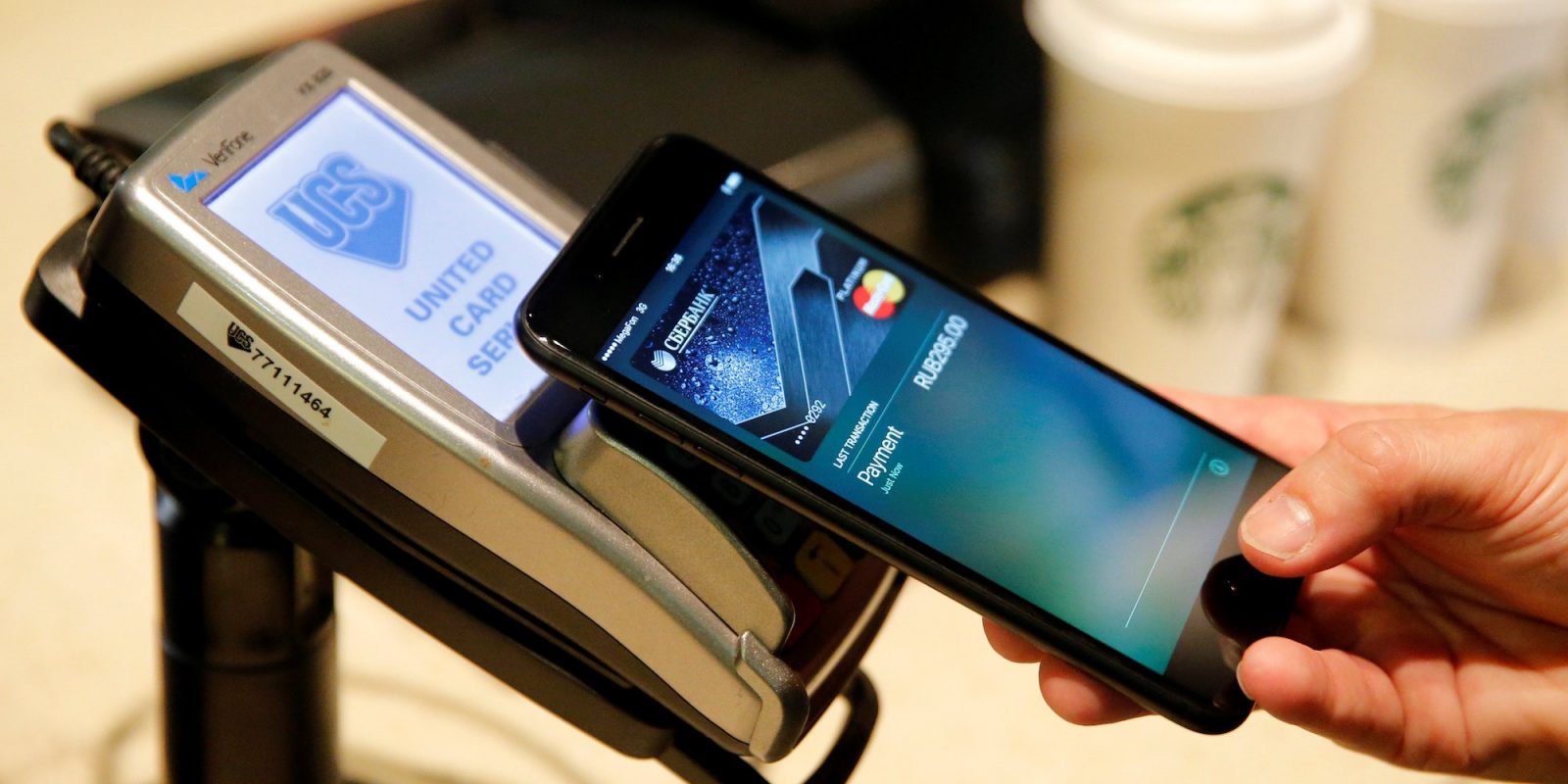
As mobile banking security takes on new forms of authentication technology, a report by Juniper Research found that facial recognition will likely become the fastest-growing use of bio metric hardware on smartphones.
The report indicated that facial recognition will reach more than 800 million mobiles by the year 2024, up from an estimated 96 million during 2019.
“We believe that facial recognition is going to pick up to such a large degree on mobile devices because of ease of use,” Juniper Research analyst James Moar, said via email. “While some forms of facial recognition (such as Apple’s Face ID) have dedicated hardware for security, several are able to use software alone, meaning that they can be used on any smartphone with a selfie camera.”
The report also found that software would remain the leading method of bio metric technology however, with about 1.3 billion devices using software-based facial recognition by the same year. Juniper said advances have been made with companies such as MasterCard and iProov to develop facial recognition that was strong enough to be used for payments and other high-end authentication needs.
Moar said there were limits as to how much crossover there would be between facial recognition hardware in the smartphone, versus using the same technology in the ATM space. “Because this technology’s success is reliant on it always being present on the phone, it is unlikely to achieve much success the ATM space, which will always require additional hardware to be installed,” he said.
“In addition the ergonomics of using facial recognition at ATMs means that facial recognition would not be able to be smoothly integrated into the ATM experience.”
The report also found that about 4.6 billion smartphones would have some form of fingerprint authentication built into the device by 2024. Despite this widespread availability, their use for payment would be less prevalent, however.The report said 60% of biometric authenticated payments would be used for remote purchases or eCommerce transactions.
